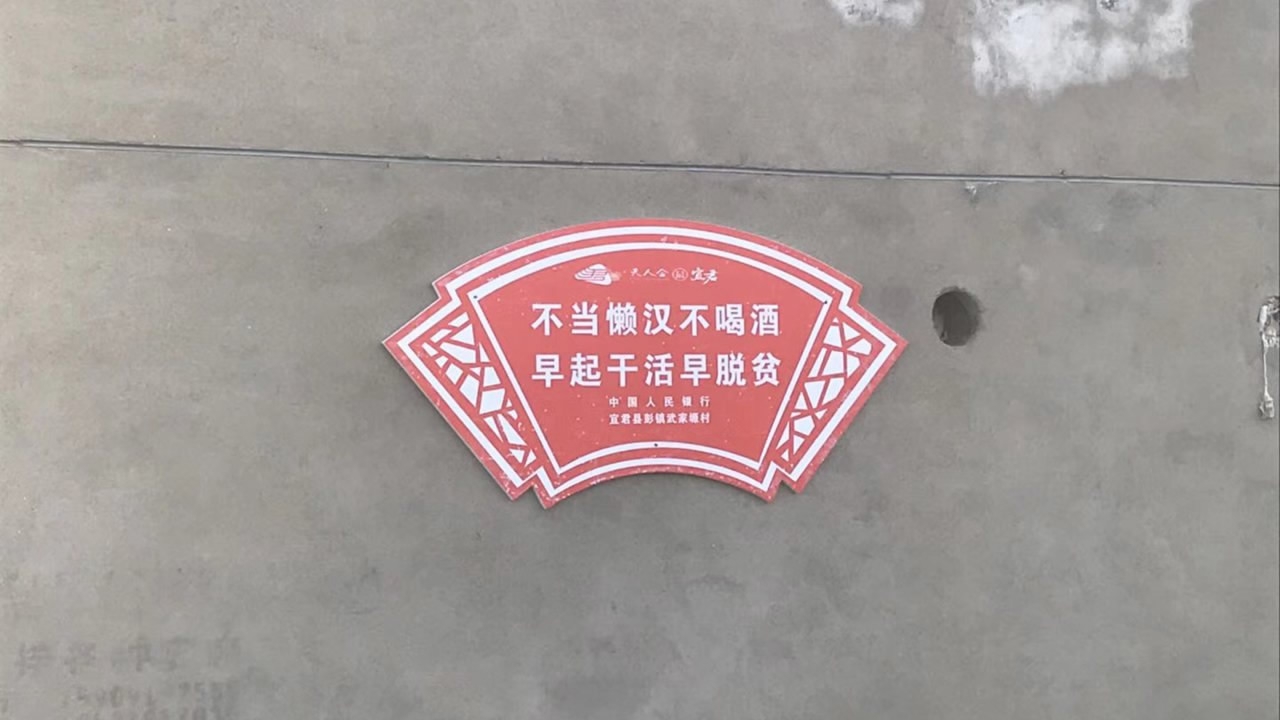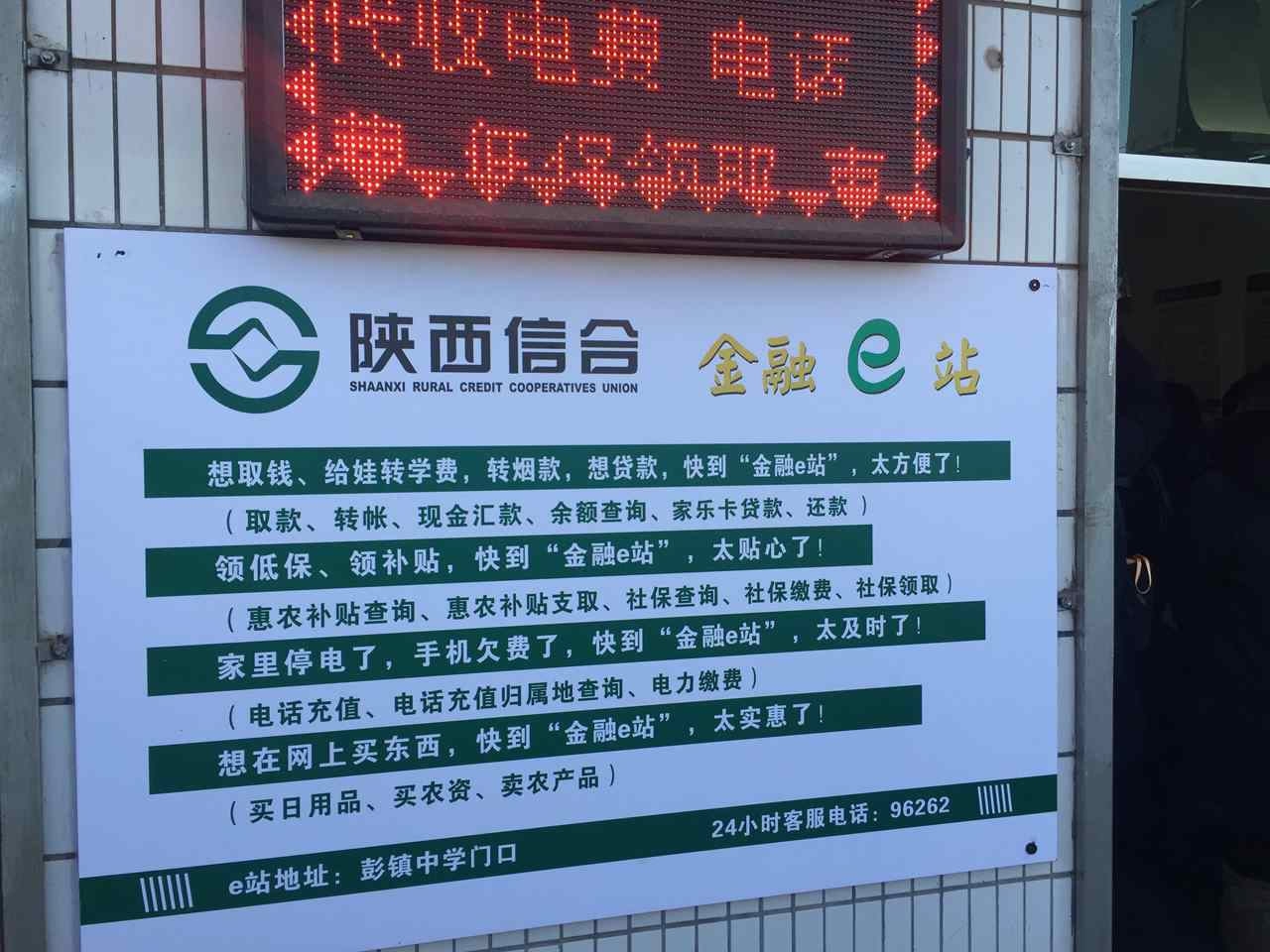
Business
22:20, 28-Dec-2017
China’s inclusive financing model benefits rural residents
By CGTN’s Ming Tian

China is experimenting with a number of inclusive financing activities to lift locals out of poverty.
Yijun County, in China’s Northwest Shaanxi Province, covers an area larger than New York City, but only has a population of 100,000. Ridges and hilly terrain have made it difficult for people to travel, hindering the county's economic development. Its average income per capita is only 70 percent of the national average.
Inclusive financing has brought benefits to the county.

CGTN Photo
CGTN Photo
More convenient loans for rural residents
In Pengzhen Village, which is under the jurisdiction of Yijun County, farmer Qiang Wenping told CGTN that he once took a loan to raise poultry, but found it difficult to pay it off after he injured his leg. The default put Qiang in a disadvantaged position when asking for further credit, crippling his capability of doing other businesses.
But his life has been improved by the new financial regulations, which examined many different facets, including his personal development, business conditions, family matters and his credit levels.
“Now my ratings are four-star, which means I am allowed to borrow up to 50,000 yuan. I expanded my business and paid back my loans last year. Now I can pay for my kids' school,” Qiang said.
Qiang’s experience is not a special case in Yijun County. Data from the local government shows 542 households in the county have restored their credit levels, and received over 19 million yuan worth of fresh lending.

A slogan by PBOC, motivates people to get rid of poverty through hard working, in Yijun County, Shaanxi Province. /CGTN Photo
A slogan by PBOC, motivates people to get rid of poverty through hard working, in Yijun County, Shaanxi Province. /CGTN Photo
This re-evaluation was made possible through the joint efforts of various parties, such as banks, financial regulators and the local government. Officials say they have now established a comprehensive program, featuring convenience, innovative service, and financial literacy.
“The pilot program provides information for favorable policies and financial services to local residents. We also motivated financial agencies to develop more products suitable for the poor and disadvantaged. We also built different facilities, including ATM, point of sales machines, and service centers to meet local people's financial demand,” said Bai Hexiang, head of the People’s Bank of China’s Xi’an Branch.
There are several basic finance products available at service centers, including cash wiring and transfers. Villagers can also pay their utility bills, social security, and even pick up their online shopping deliveries.

An information board specifies e-financing services provided by a service center, in Pengzhen Village, Yijun County, Shaanxi Province. /CGTN Photo
An information board specifies e-financing services provided by a service center, in Pengzhen Village, Yijun County, Shaanxi Province. /CGTN Photo
Financial education and modern technology
Besides, financial education and modern technology make inclusive financing more acceptable and practical.
In a remote village named Maqianyao, there are only 105 households, growing apples, corn and walnuts in an old-fashioned labor intensive way. But they get their financial services via modern technology.
Zhao Taishun, a business owner in Maqianyao Village, now uses his mobile phone to receive bank loans and pay his employees.
"Farmers don't have mobile banking services, but they have their bank cards. I would transfer their salaries into their cards, and they can go to the service center in the village to withdraw the money. It is very convenient this way," Zhao told CGTN.
The local government has spoken highly of the high-tech access, saying it has changed peoples' minds and their fortunes.
"In the past, people would only recognize cash when dealers come. They would even withdraw the money to see it for themselves, after dealers wired the deposits to their accounts. Thanks to financial education, they have more financial knowledge now, and believe the figure in their bank accounts is the actual money they have received. Business has become faster, and more convenient," said Cao Quanhu, magistrate of Yijun.
The revitalization of China's rural areas was one of the key working plans spelled out during the Central Economic Work Conference earlier this month. As China's Central Rural Work Conference is underway this week, more progress for the revitalization of rural areas’ is to be expected.

SITEMAP
Copyright © 2018 CGTN. Beijing ICP prepared NO.16065310-3
Copyright © 2018 CGTN. Beijing ICP prepared NO.16065310-3